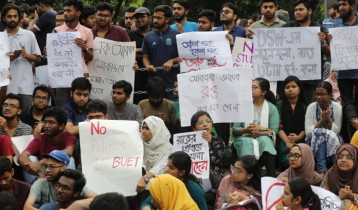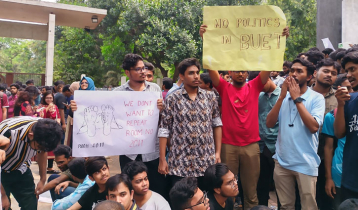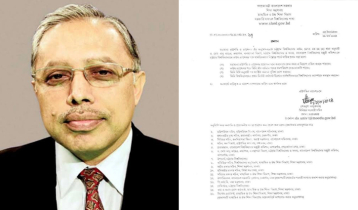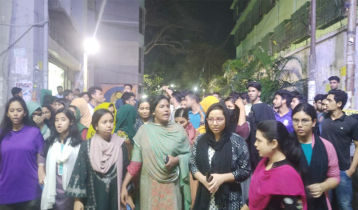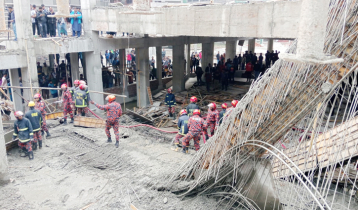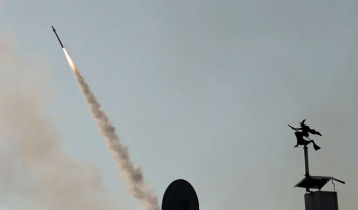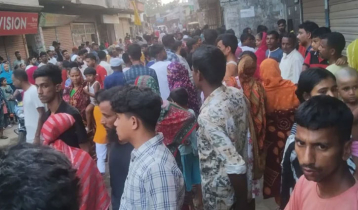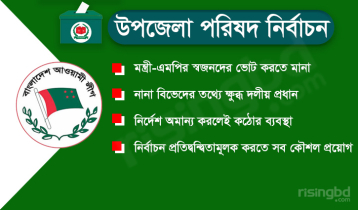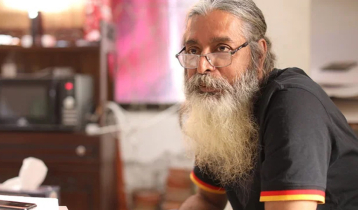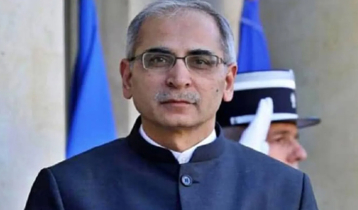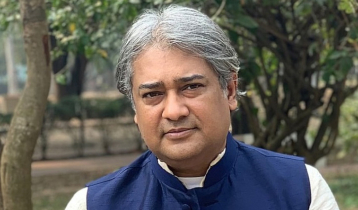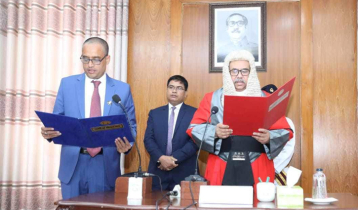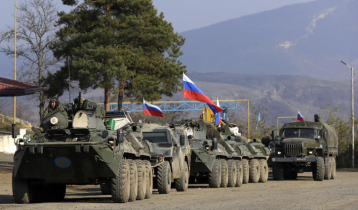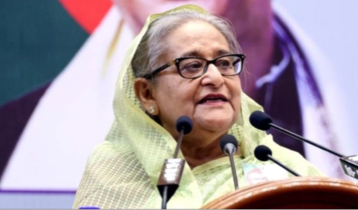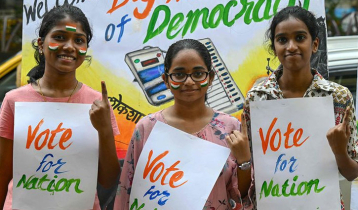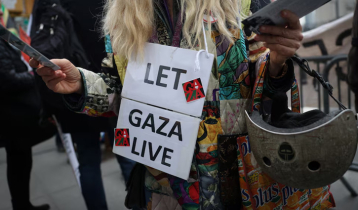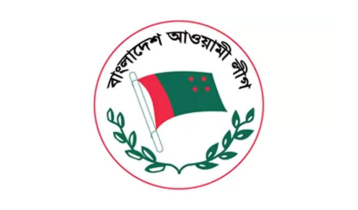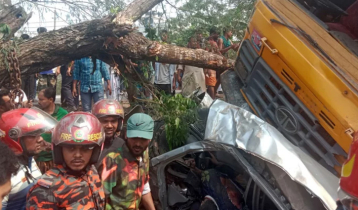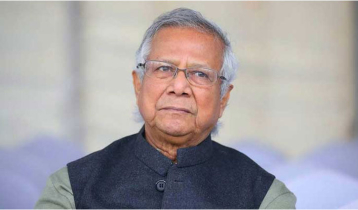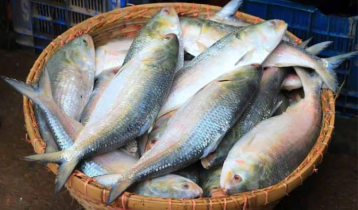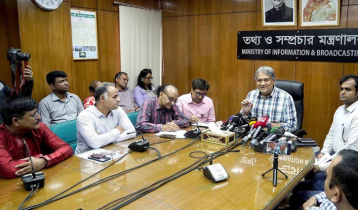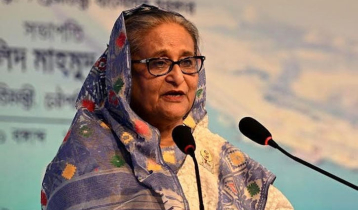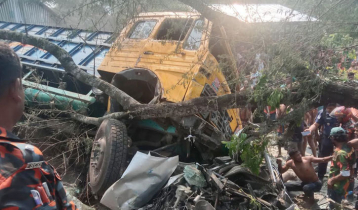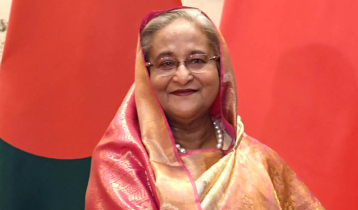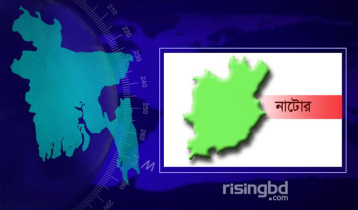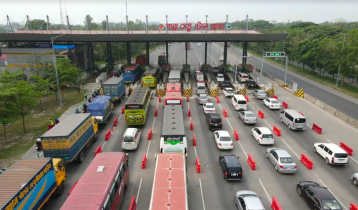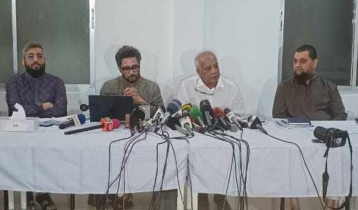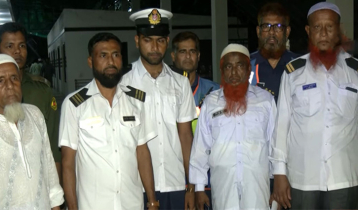Nagorno-Karabakh conflict: Chessboard of big powers!
Fariha Maimuna || risingbd.com
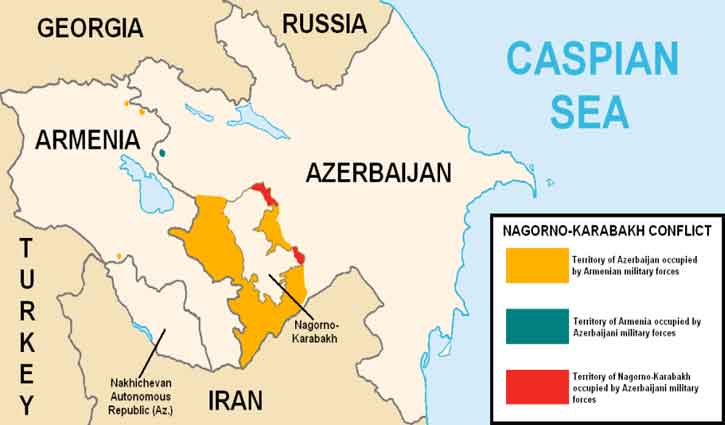
The recent simmering conflict between Azerbaijan and Armenia over the disputed region Nagorno-Karabakh erupted in a hot war, has become a burning issue.
Being distracted by other matters like the COVID-19 pandemic, US presidential election, and a popular insurrection in Belarus, another former Soviet state — international negotiators couldn’t observe warning signals in the Nagorno-Karabakh region.
After beginning the conflict, foreign leaders immediately called for a cease-fire, but both Armenia and Azarbaijan seemed to be sticking around for a never-ending battle. Over the weekend, Russia propounded to send a military observer to oversee the cease-fire, but it failed to hold as both sides continuously recriminated each other of violating the cease-fire. It portrays the lack of compromising position of the two South Caucasus nations to end the dispute.
The dispute between Azerbaijan and Armenia is a succession of the cyclical fray over the past decades. The roots of the conflict can be traced back to the Kremlin's decision to include the territory within Azerbaijan, and severe conflict over the disputed territory flared in the late 1980s when Armenia demanded the region. As the Soviet Union collapsed in 1991, Azarbaijan and Armenia were caught in a full-scale war. In 1994, a cease-fire ended the war. By that time, almost 30,000 people were dead, and nearly 1 million were ousted. The violence was so brutal that it created a toxic environment for decades and left many people severely injured.
In order to stop further conflict between Azerbaijan and Armenia, three nations— Russia, the U.S., and France — conceded to reconcile an armistice in the Minsk Process in 1992. But the Minsk process was a failure. Instead of stopping the conflict, Russia, the U.S., and France became the leading suppliers of arsenals of Azerbaijan and Armenia.
Russia has always played a tricky role by following the British 'divide and rule' theory. British rulers never tried to find a solution to disputed Kashmir, Cyprus, and Kurdish issues. Likewise, the Soviet Union didn't work out on Crimea, Chechnya, and the Nagorno-Karabakh territory.
The recent war over Nagorno-Karabakh, in which Azerbaijan affirms it is ready to fight to recapture its territory, which has been governed as a de facto independent state administered by ethnic Armenians, is appearing as this century's lethal conflict in the southern Caucasus region. Since September 27, dozens of civilians from both sides, along with hundreds of soldiers have died. Because of the backing of big power countries like Turkey and Russia, the conflict has the possibility to spiral into an even bigger confrontation, which can lead to violent aftermaths.
The South Caucasus region is sandwiched between Russia directing to the north, Iran to the south, and Turkey to the west. Initially, what would seem to be a regional war over a mountainous territory of slight strategic the importance is taking on greater significance by drawing bigger power countries like Russia and Turkey.
Turkey has close ethnic, cultural, and historical relationships with Azerbaijan. It is playing an essential role in the conflict over Nagorno-Karabakh by being a 'driving force.' Azerbaijan has the technological advantage as Turkish-made drones are benefitting Azerbaijan to the fighting. Turkey's newly proactive role indicates President Recep Tayyip Erdogan's yearnings to extend his nation's clout. Furthermore, Erdogan is urging other countries to support Azerbaijan to combat against 'invasion and cruelty.'
The escalation of warfare is a massive challenge for Russia. It has a military base in Armenia, but it has aspired to retain good ties with Azerbaijan. Russia also wants to prevent a face-off with Turkey. Although Russia and Turkey are backing different sides in civil wars in Libya and Syria, at the same time, both countries kept up their relationship by holding up trade links. Also, Turkey purchased antiaircraft missiles from Russia, which incited the United States. But the fighting in Nagorno-Karabakh could now have a negative impact on their alliance.
Iran, however, had embraced a neutral posture in the past decades. This time, the fighting between Azarbaijan and Armenia broke out at a particularly unpleasant time when Iran is facing economic turmoil thanks to U.S. sanctions. Abroad, it's tangled up with multiple unfinished missions in the Arab world from Iraq to Syria and beyond. Considering all these, Iran won't want to escalate adversities over Karabakh territory so far. But Iran's concern is that in Iran, there lives a sizable Azeri minority, which could pose a serious threat to the internal security of Iran.
Currently, France is at loggerheads with Turkey over the eastern Mediterranean issue. They are also opposing each other in the Libyan case. As Turkey is backing Azarbaijan in this dispute, late last month, French President Emmanuel Macron seemed to be supporting Armenia in the conflict, and he condemned Azarbaijan for initiating the war. Macron also blamed Turkey for sending Syrian jihadists to fight in the Nagorno-Karabakh battle, which he said changed the circumstance. But Turkey denied it.
Because of the involvement of big power countries, Azarbaijan and Armenia are intertwining in an extended conflict rather than the border disputes that they have involved in over past decades. The war also threatens to damage their economies, which already shattered due to the COVID-19 pandemic. Furthermore, almost a thousand people are displaced due to the clash.
During the Soviet days, Azerbaijan and Armenia lived side by side, but it now feels like an irrevocably lost world because of their tenacious postures towards each other as well as gaining the support of powerful countries in the war. Big power countries are already facing international backlash for not taking any stringent measures to end the war. To circumvent the situation from getting worse, both Azerbaijan and Armenia need to bury the hatchet by enforcing a cease-fire instead of provoking the fight any longer.
(Fariha Maimuna is currently studying International Relations at the University of Dhaka).
DU/Mahfuz/Nasim

